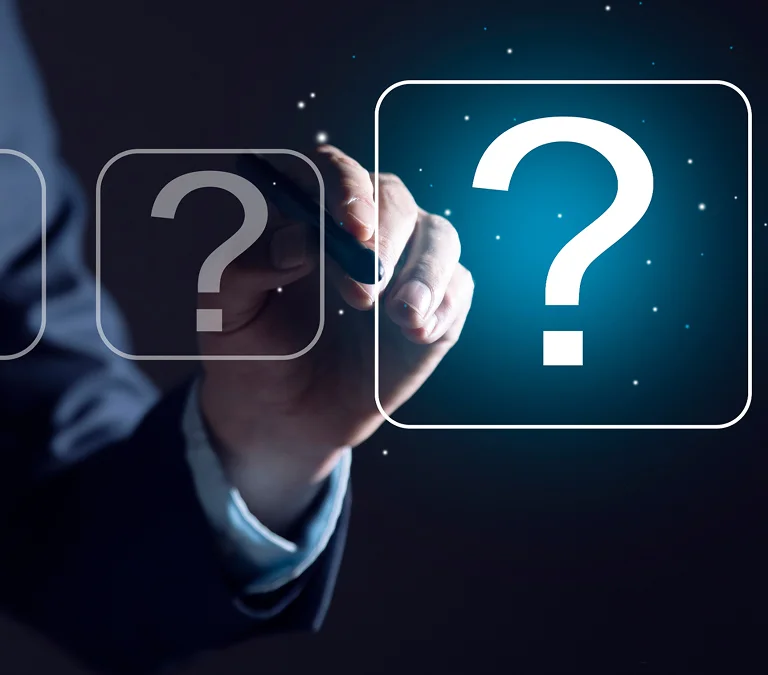Curious about trademark, copyright prosecution, or licensing and business contract? Below is a list of frequently asked questions. If you don’t find the answer to your question here, feel free to contact us directly for further assistance. We’re here to help you every step of the way.
Trademark
A trademark protects brand names, logos, slogans, and other identifiers that distinguish goods or services in the marketplace. It helps prevent others from using a similar mark that could cause confusion.
A patent, on the other hand, protects new inventions or discoveries. It gives the inventor the exclusive right to make, use, sell, or license the invention for a certain period of time—typically 20 years from the filing date.
In short, trademarks protect branding, while patents protect inventions.
It typically takes 8 to 12 months (or longer if there are issues) for a trademark application to go through the full registration process.
You may be able to take legal action, especially if your mark is registered. Enforcement options include cease-and-desist letters or filing a lawsuit.
Courts consider factors like similarity of the marks, similarity of the goods or services, actual confusion, the strength of the original mark, and the defendant’s intent. No single factor is decisive.
A registered trademark grants the owner exclusive rights to use the mark in connection with the goods or services listed in the registration. It also provides the ability to enforce those rights in federal court, deter infringement, and use the ® symbol.
Copyright Prosecution
Copyright protects original works of authorship, including literary works, music, films, software code, visual art, choreography, and more—so long as the work is fixed in a tangible medium of expression.
Registration creates a public record of ownership, enables you to file an infringement lawsuit, and, if done within 5 years of publication, serves as prima facie evidence of validity in court.
You must submit an application to the U.S. Copyright Office, including the completed form, a copy of the work (the deposit), and the appropriate filing fee. Registration can be done online.
It typically takes 3 to 8 months for the Copyright Office to process an application. Expedited (special handling) services are available for litigation or other urgent needs.
Civil prosecution involves private parties enforcing rights through lawsuits. Criminal prosecution, handled by the federal government, occurs in cases of willful infringement for commercial advantage or financial gain (e.g., piracy).
Licensing and Business Contracts
Copyrights, trademarks, patents, and trade secrets can all be licensed. Licensing terms vary depending on the type of IP and the industry.
Yes. Termination terms are usually spelled out in the agreement and may include breach of contract, non-payment, misuse, or expiration of the term.
A legal review helps identify unfavorable terms, legal risks, compliance issues, and potential enforcement challenges, reducing the risk of costly disputes.
Indemnification is a clause where one party agrees to compensate the other for certain losses or damages, usually due to breaches, legal claims, or third-party lawsuits.
